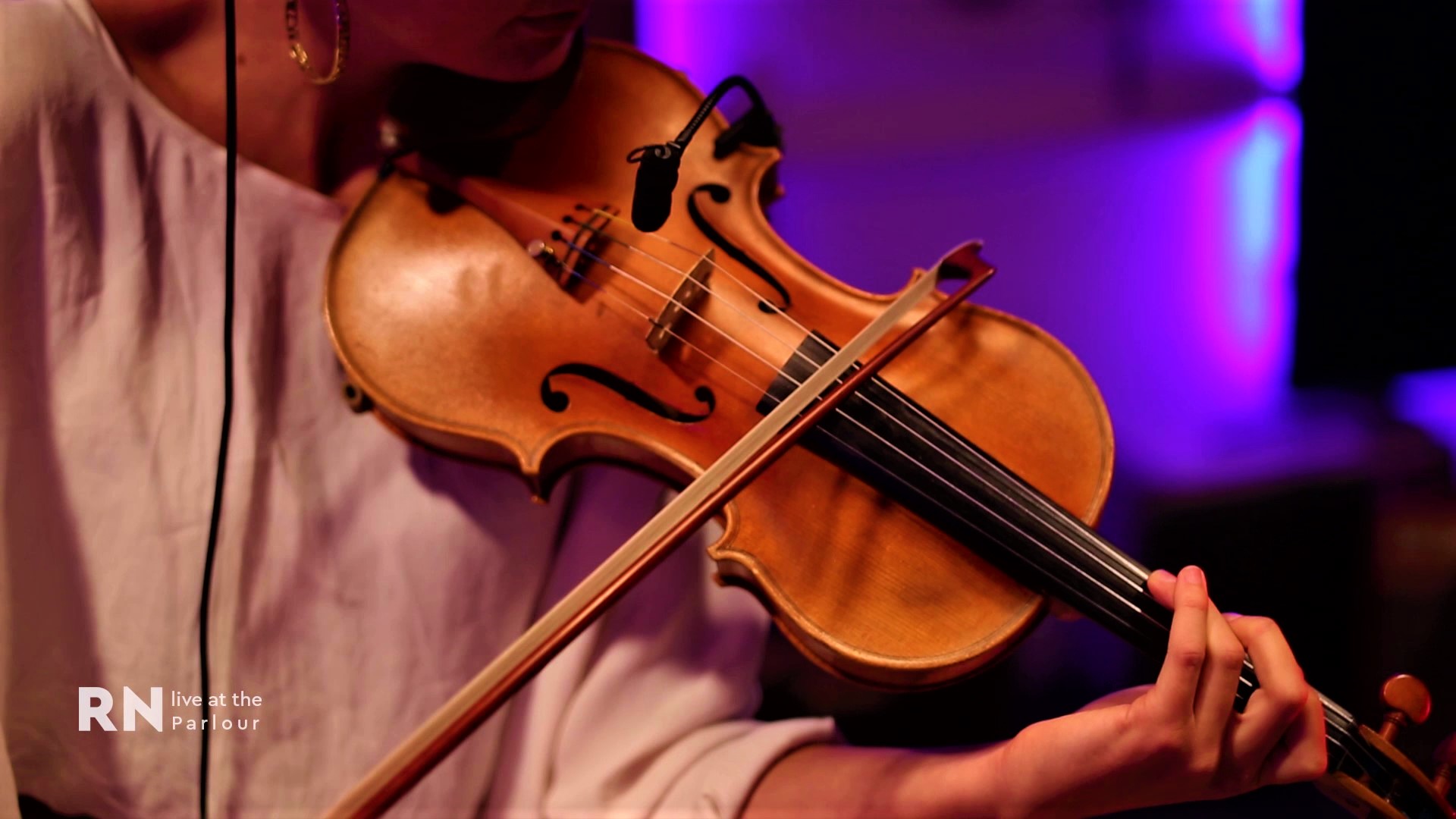Best DAWs for classical musicians in 2022
Which DAW works best for producing classical music? Read our quick guide to help you find the right audio workstation for your orchestral music compositions.
With a Digital Audio Workstation (DAW), you have a classical music recording studio on your computer. Each music software programme is unique, though at first glance they all seem to offer generally the same thing.
Some DAWs are more popular than others in the classical music world, whether for TV, film or video game scoring or orchestral composition.
Which DAW you choose depends of course on your individual requirements and personal preferences – are you a beginner, or will you be able to handle a steeper learning curve? Do you need to produce professional orchestral scores, or are you just getting started and looking to have a play around first?
Many classical music composers prefer to compose via notation, then transfer to a DAW for MIDI editing and mixing. There are lots of notation programs like Sibelius out there, a bit like word processors but for writing music.
For orchestral scores you need a powerful DAW that can handle multi-channel editing. There’s lots of options. Below are some examples of the most popular DAWs used by classical musicians, to get you started on your quest.
Logic Pro X
If you’re just getting started and you use a Mac, give Apple’s affordable Logic Pro X a try.
- It’s accessible, with the feel of a souped-up GarageBand.
- It’s not too pricey at $199.
- Film composers like Daniel Pemberton have used Logic.
- Soundsets within Logic include orchestra libraries with strings, brass and so on, great for getting started, so you don’t waste time chasing the perfect sound libraries.
- Supports spatial audio processing, features a step sequencer with live recording mode, and new Producer Packs with Apple Loops from the likes of Mark Ronson and Tom Misch.
- It supports up to 1,000 external MIDI tracks, ideal if you’re composing for a full orchestra.
- More geared towards making popular music than classical and film score composers.
Digital Performer
Built with film composers in mind, Digital Performer works for both Mac and PC. It’s not cheap, however, and takes a while to master especially if you’re used to another DAW.
- Fully customisable in layouts, editing preferences and more.
- Great search function that’s responsive, quick and efficient. If you want to compose quickly, just type in a few letters.
- Articulation Maps feature lets you create expressive, realistic performances, using orchestral sound libraries.
- Keeps the elements you’re working with constantly in front of you constantly for easy reference and access.
- Great for film scoring – divide videos into scenes in a single session.
- Danny Elfman uses DP for his film scores.
Pro Tools
A very popular if expensive DAW, Pro Tools by Avid is used in studios worldwide, meaning that collaborating and file sharing is seamless.
- If you’re used to band recording and are now interested in classical composition, Pro Tools might be a natural fit.
- Great for live recording, quick for audio editing work.
- Default sample instruments and plugins aren’t the best, but you get 60 virtual instruments (and thousands of sounds).
- Intuitive video and film synching for film composition.
- Clean interface for fast workflow.
- MIDI recording and editing functions have improved, although composers working majorly with MIDI might still prefer a different DAW.
Cubase
Cubase Pro is a powerful professional DAW by Steinberg with a steep learning curve, much-used by composers.
- Once you’ve got to grips with the basics, MIDI and audio track editing is easy.
- Hans Zimmer uses Cubase.
- Quick, time saving workflow with searches to locate tracks quickly.
- Lots of great default plugins along with sample instruments. Less free orchestral add-ins.
- Score Editor makes editing notes easy, with in depth features and attractive fonts.
There are plenty of other DAW options to create professional orchestral scores, such as Ableton Live, FL Studio and Reaper. Generally speaking, the most popular seem to be Logic Pro X and Cubase Pro.
It’s important that you don’t let the choice of DAWs and endless online advice distract you from the composing itself. Researching DAWs only gets you so far – there’s really nothing for it but to get stuck in and try things out!
Check out our Free or Premium distribution and learn more here.
